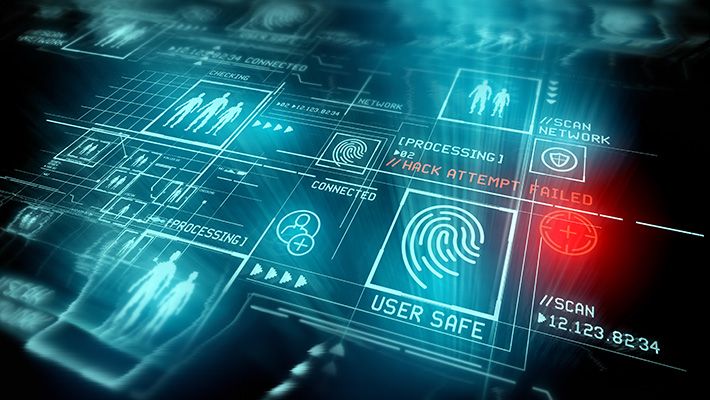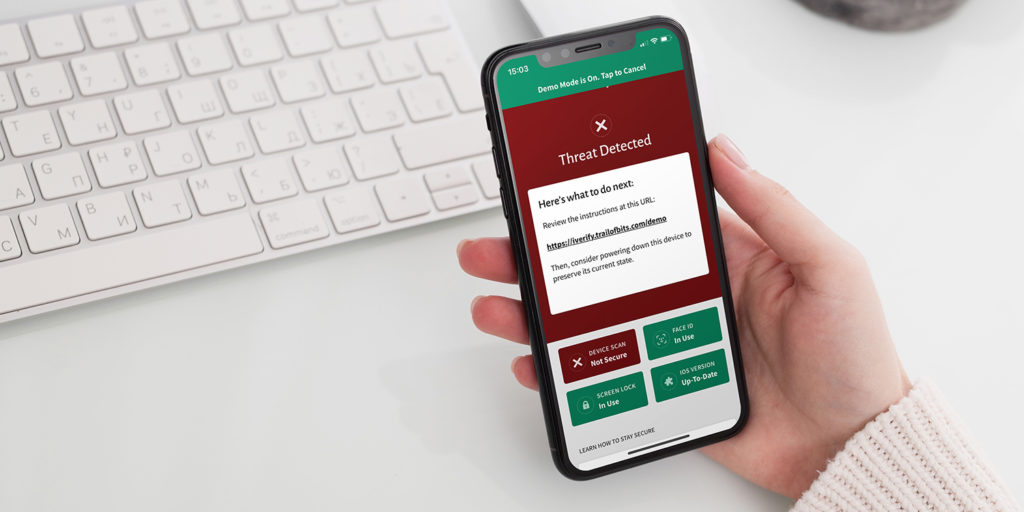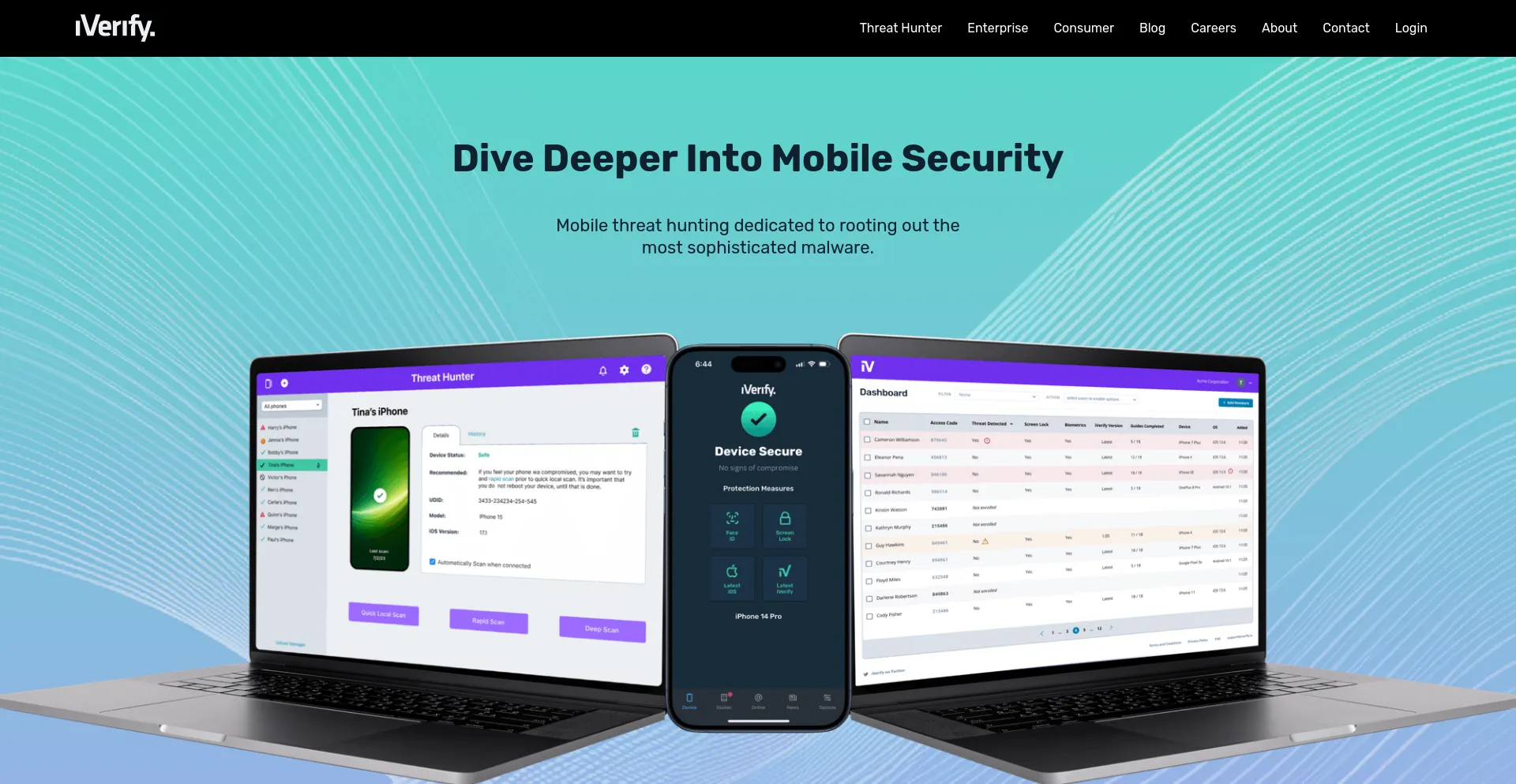In recent years, mobile devices have increasingly become targets for sophisticated spyware, with one of the most notorious threats being Pegasus, a spyware developed by the NSO Group. Pegasus is designed to infect devices without detection, allowing attackers to intercept communications, track locations, and even gain full control over the infected phone. For years, this type of spyware was primarily used in targeted attacks against high-profile individuals such as journalists, activists, and political leaders. However, recent developments suggest that the reach of spyware has expanded, affecting a broader range of people.
Here's ads banner inside a post

A significant breakthrough in this battle against spyware came earlier this year when the mobile device security firm iVerify launched a tool to detect spyware on phones. This tool, designed to be easily accessible to anyone, has already found several infections, including seven instances of the infamous Pegasus malware. The findings mark a pivotal moment in mobile security, as it challenges the long-standing assumption that such high-level malware is only used in narrowly focused, elite-targeted campaigns.
The Evolution of Spyware and Its Growing Threat
Spyware, once considered a tool mainly for espionage, has rapidly evolved in both its sophistication and its availability. A few years ago, spyware like Pegasus was used primarily by governments to track political dissidents, journalists, and activists, and it was often deployed via zero-click vulnerabilities that required no interaction from the target. These vulnerabilities were mostly unknown to the public and could allow malicious actors to access a device’s camera, microphone, and messages without the user even realizing their device had been compromised.
Here's ads banner inside a post

The NSO Group’s Pegasus, in particular, has gained notoriety for its ability to infiltrate both iOS and Android devices, bypassing the most advanced security measures. The malware’s reach is so vast that it can be remotely installed, leaving no trace of its presence on the device, and can even activate without the target’s knowledge.
However, while spyware like Pegasus has traditionally been used in high-stakes, targeted attacks, new evidence is emerging that suggests the scope of these operations is much wider. It appears that these tools, once reserved for the political elite, are now being deployed against a much broader set of individuals. With the growing use of surveillance technologies, the likelihood of average citizens being targeted by such malware has increased significantly.
Here's ads banner inside a post

iVerify’s Breakthrough: Accessible Spyware Detection for Everyone
The security firm iVerify, which specializes in mobile security, has developed a new tool that allows ordinary users to scan their devices for spyware. Launched in May, iVerify’s mobile spyware detection tool has already proven its value. The company analyzed 2,500 device scans submitted by customers and found seven devices infected with Pegasus.
The iVerify tool, which scans for signs of infection by spyware like Pegasus, works by identifying unusual patterns in how a device is operating. It scans for signs of malware in system files, identifies suspicious behavior, and flags irregularities that may suggest an infection. One of the key advantages of the tool is that it provides an accessible means for anyone with a smartphone to check if their device has been compromised.
For those who are unfamiliar with how spyware operates, the idea of checking for infections can be daunting. Unlike traditional viruses or malware, spyware is specifically designed to evade detection. The infection may not cause any obvious symptoms, such as slower performance or pop-up ads. Instead, spyware operates covertly in the background, monitoring everything from text messages to location data. This makes detection incredibly challenging without the right tools and expertise.

This is where iVerify’s new tool comes into play. By providing a simple way to scan for these threats, iVerify is democratizing access to mobile security, allowing regular individuals to protect themselves from advanced cyber threats.
The Detection Process: How iVerify’s Tool Works
The iVerify spyware detection tool works by leveraging several key detection techniques. These methods are designed to uncover the hidden traces left by spyware on a device. The scanning process involves looking for signs of abnormal behavior in the phone’s operating system, including unauthorized access to system files, unusual network activity, or discrepancies in software versions.

In the case of Pegasus, the tool is specifically calibrated to identify known indicators of infection by this malware. One of the most notable characteristics of Pegasus is its ability to exploit “zero-click” vulnerabilities, meaning the malware can be installed on a device without the user having to click on anything. This can make detecting the infection incredibly difficult for the average user. However, iVerify’s scanning technology looks for unusual system behavior that could indicate the presence of such exploits.
The scan also checks for other telltale signs of spyware, such as unexpected battery drain, increased data usage, and changes in device performance. Additionally, the tool searches for any suspicious processes running in the background that could be associated with malware activity.
The Rise of Pegasus: A Global Threat
The discovery of seven Pegasus infections through iVerify’s scans demonstrates how widespread the problem of spyware has become. While these infections are still relatively rare compared to the overall number of devices scanned, the fact that they were discovered in a sample of just 2,500 phones underscores the global reach of the spyware. These findings suggest that the use of Pegasus may not be as limited as once thought.

Pegasus is sold to governments and law enforcement agencies around the world, and its use has raised serious ethical and human rights concerns. In the past, the spyware was linked to various abuses, including the surveillance of journalists and activists, which has drawn widespread condemnation from human rights groups. With the rise of tools like iVerify’s spyware scanner, the public now has an avenue to identify and report these types of infections, empowering users to take action.
This increased detection capability is particularly important in an era where privacy violations are becoming more common. The ability to detect spyware gives individuals the power to protect their personal data and communications. For journalists, activists, and political leaders, who are particularly vulnerable to such surveillance, having access to such detection tools is crucial.
A Growing Trend: Commercial Spyware Detection Tools
iVerify’s success in uncovering Pegasus infections is part of a broader trend in the cybersecurity industry, where companies are increasingly focusing on making spyware detection tools more accessible to the public. While traditionally, such tools have been reserved for high-level security experts or law enforcement agencies, the growing demand for privacy protection is pushing more companies to develop solutions that can be used by everyday people.
This trend is also indicative of the growing awareness about the threat posed by spyware and the need for improved digital privacy. As more individuals realize that they could be the targets of surveillance, there is a corresponding demand for tools that can help them secure their devices and protect their personal information. This has led to a surge in both consumer and enterprise-level security solutions aimed at detecting and removing spyware.
In the coming years, we can expect to see even more advancements in mobile security. As hackers and spyware developers continue to evolve their tactics, security companies will need to stay ahead of the curve, offering new and innovative ways to protect devices from these ever-more sophisticated threats.
The Changing Landscape of Mobile Security
The launch of iVerify’s spyware detection tool marks a significant shift in the landscape of mobile security. Once a niche issue affecting only a select group of individuals, the threat of spyware like Pegasus is now a global concern. The ability to detect and protect against these sophisticated threats is no longer the domain of governments or high-profile targets. With tools like iVerify’s scanner, anyone can scan their phone for spyware and take steps to protect their privacy.

As more spyware detection tools become available and technology continues to evolve, the future of digital privacy looks increasingly secure. However, the ongoing arms race between spyware developers and security experts means that the fight for privacy will remain an ongoing challenge. For now, the growing availability of tools that make spyware detection more accessible is a promising development, offering a crucial layer of protection for individuals concerned about the security of their mobile devices.


